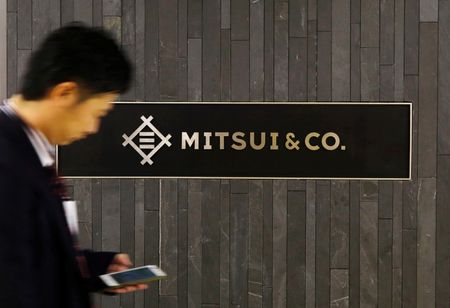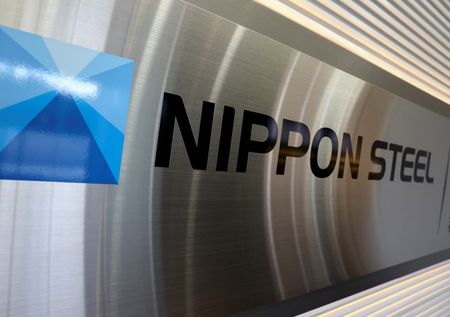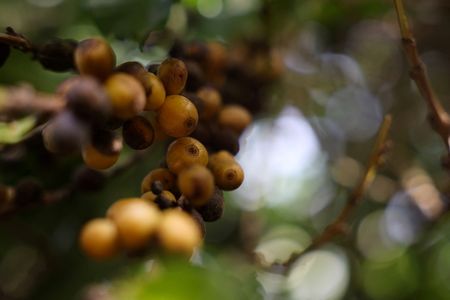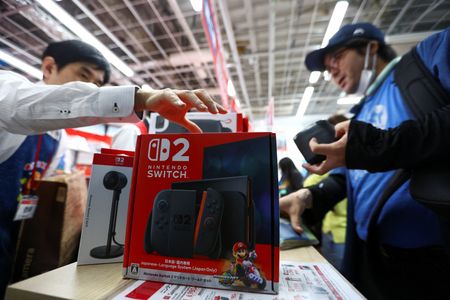By Katya Golubkova and Yuka Obayashi
TOKYO (Reuters) -Higher profits at the diversified food businesses run by Japanese trading houses offset weaker performances at their commodities units, disclosures by Mitsui, Marubeni and Itochu showed on Friday.
This diversification from the traditional commodity trading businesses at Itochu, Marubeni, Mitsui is part of what drew Warren Buffett’s Berkshire Hathaway to take minority stakes in the companies.
Profits at Mitsui for the three months ended on June 30 fell 31% from a year earlier partly because of weaker iron ore prices but income at its lifestyle unit, including overseas shrimp and broiler processing as well as domestic foods, grew by around 1 billion yen, accounting for 8% of the total 191.6 billion yen ($1.3 billion) the company earned.
Marubeni’s food and agriculture business saw a profit increase of 4 billion yen for the same period to 35.5 billion yen, or 23% of its 154.4 billion yen total. Income at the company’s metals and mineral resources unit fell by 6 billion yen to 28.7 billion yen.
Itochu’s profits from its food business rose by nearly 10 billion yen to a record 28.8 billion yen while profits at its FamilyMart convenience store chain rose by 4.5 billion yen to 15.4 billion yen. Combined, they made 16% of Itochu’s 284 billion yen quarterly net profit, highest so far.
Mitsui, Marubeni and Itochu kept their full fiscal year profit forecasts unchanged on Friday at 770 billion yen, 510 billion yen and 900 billion yen, respectively.
($1 = 150.4600 yen)
(Reporting by Katya Golubkova and Yuka Obayashi; Editing by Jacqueline Wong, Himani Sarkar and Christian Schmollinger)










